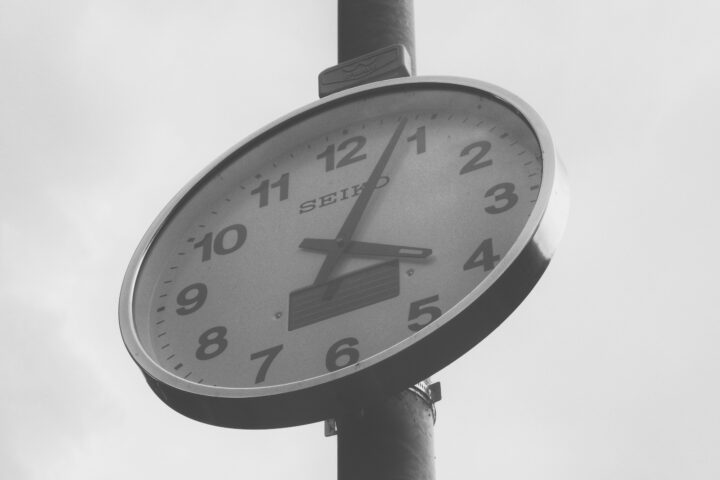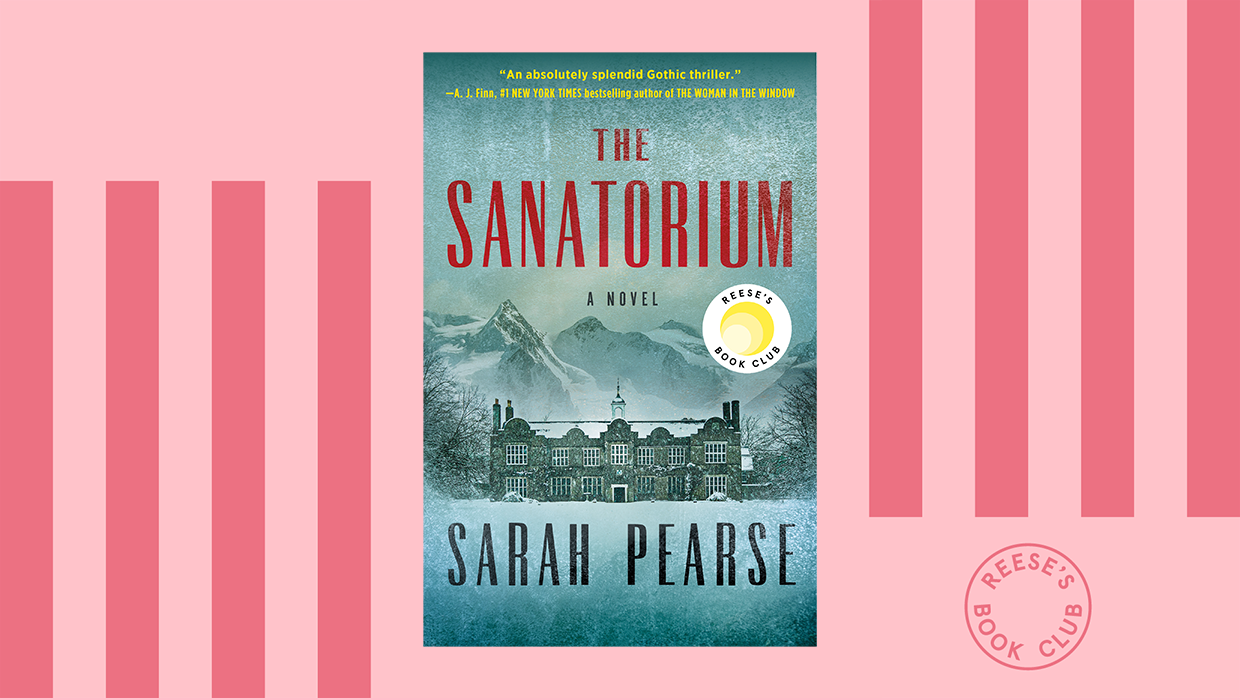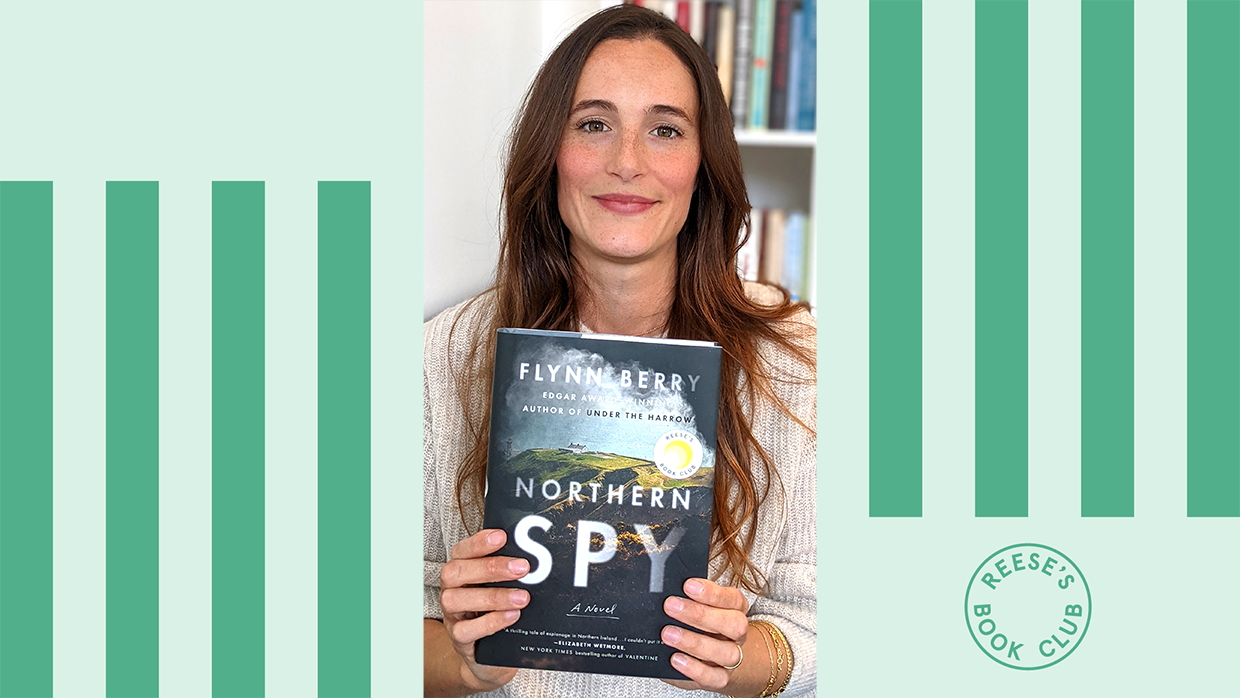It’s only when I look back at the books I have written that I can pick out the specific life stages I was ruminating over when I wrote them, like somebody shining a torch slowly around a room, settling on a different object each time. Trust, commitment, marriage, children . . . they’re all in each of my novels.
I have never known whether I want children the way some other women seem to. For most of my twenties I was uninterested. I used to say things like, ‘If I wanted to change nappies, I’d work in a nursery!’ When I was twenty-six, the first of my girl friends told me she was pregnant on a cinema trip, and I remember walking home afterwards in total shock, the echo of my footsteps on the pavement the only sound. Was I jealous? Was I lonely? Did I feel she had become a different person? I wasn’t sure, couldn’t unpick it. Immediately on arriving home, I spoke to my boyfriend (now husband) about it, and he said: ‘I think I want children, yeah.’ A fairly simple sentiment, not especially extreme or dogmatic, as is his way, but it blindsided me. Somehow, despite the seriousness of our relationship – we had been together four years – we had never got around to discussing it.
Many people would tell you that you absolutely must be on the same page as your spouse about this issue, that it is so fundamental, so important, you cannot compromise on it. But we weren’t not on the same page: he wasn’t a diehard yes. And I wasn’t a firm no. The problem actually was that I just didn’t know, and I didn’t know how to know. Sometimes, it felt like we had identical perspectives: shrug, not now, would sum up how we spent much of our twenties, and a good proportion of our thirties, too.
Children did, though, become a somewhat taboo topic in our house, especially as each of our friends got married and inevitably had a child. My ambivalence didn’t manifest in a lack of interest in the topic – quite the opposite, I’d say: I have thought about whether I want a child at least once a day for the past decade and a half. But, until we knew, we couldn’t do anything about it. All we knew is that we loved each other, and we wanted to want the same things in the future. When more and more friends got pregnant, I felt a kind of fascination, awe and envy: that they had made this monumental decision so easily, moving from one life into another with – seemingly – very little neuroses. And yet we stayed where we were: unsure. Or rather, I did. Adverts and plot lines with babies in were sometimes skipped over by me. We talked about it very little. I trusted it would work itself out.
But – as with all novelists – I began to write about it, my concerns and fixations bubbling underneath the surface of my plots and narratives. Parenthood became a central theme in almost everything I published from 2018 onwards: the lengths mothers would go to to protect their child, what that relationship might feel and look like, what it does to your life when you love something that much, how very high the stakes are. Over a quiet period of my early thirties, I wrote about pregnant women, I wrote about new borns, and I wrote about teenagers. I turned thirty-three, thirty-four, thirty-five. I got a puppy, who I fell completely in love with (despite her wrecking my life for a good few months!), which was perhaps the biggest tell of all.
In my new release, Wrong Place Wrong Time, a mother, Jen, witnesses her only son, Todd, commit a murder in chapter one. He is arrested, remanded in custody, and charged with murder. Jen returns to their house – now a crime scene – broken hearted. When she wakes up, she is ready to solve the problem, to hire a lawyer, to find out the why. Only, Todd is in his room, unaware of the crime, and Jen discovers that it is yesterday. Each day she wakes up a day further back in the past – can she stop the murder?
The mother and son relationship is absolutely central to the novel. I forensically interviewed the women I’m lucky to know who have children – women willing to speak candidly to me, to talk about the many taboos motherhood holds within her arms, to tell me about the exact flavour and texture of a parent-child relationship. Jen says of parenting: ‘She’d thought motherhood was so boring at the time, so unrewarding, the hours and hours dedicated to the same tasks in a variety of orders. But it wasn’t, she now knows; to say so is like saying breathing is boring.’
During the writing of this novel, I was thirty-five, about to turn thirty-six. And, somewhere along the line, my uninterest had faded to ambivalence to something else. Not certainty, at all, but a feeling – as paradoxical as it sounds – that perhaps I had thought too much about this decision. That I might be happy child-free and also with a child. That the stakes weren’t as high as I thought they were – that, whichever path I chose, I wouldn’t rumble with regrets but would instead get on with living it, the way I do with most things. That both would contain light and shade. And I’d still be me in either version. Jen and Todd had impacted me a lot.
Just after the pandemic, I told my husband I had officially changed my mind. We got married last autumn and well – I am now pregnant; this is the first place I have talked about it publicly. The way things go sometimes when you write novels is that you pour your life lessons into your work, but they very often teach you things in return, too, like they are sentient beings themselves. Some novels have taught me small lessons, some large, and Wrong Place Wrong Time the largest of all: that to have a child will be a lot like falling love, as simple and as complex as that. Funnily enough, our child is a boy – and he’s due on the day the novel opens, Day Zero. How about that?



